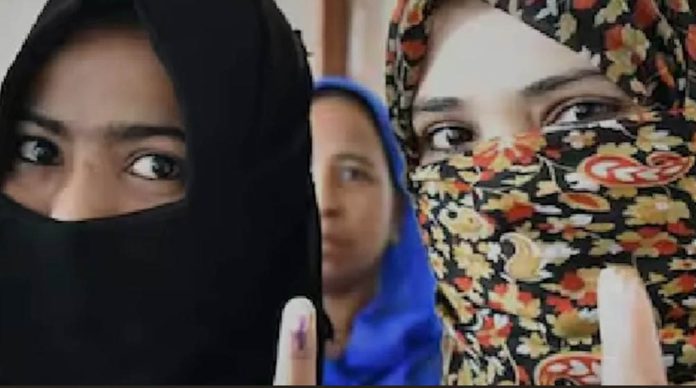Voter Deletion in Bihar’s Dhaka constituency has sparked controversy after an investigation uncovered systematic attempts to strike off nearly 80,000 Muslim citizens from the electoral rolls.
By Qalam Times News Network
Dhaka, East Champaran (Bihar) | September 28, 2025
Voter Deletion at the Core of Dhaka Dispute
An investigation by The Reporters’ Collective has exposed a large-scale voter deletion attempt in Dhaka constituency, East Champaran, Bihar. Nearly 80,000 Muslim voters were marked for removal from the electoral rolls after being wrongfully branded as “non-Indian citizens.”
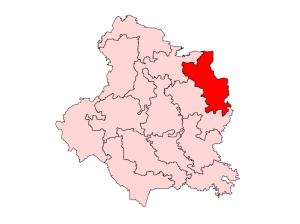
The revelations show that formal petitions were filed with the Election Commission of India’s (ECI) local and state officials to delete these names. One petition came from the personal assistant of BJP MLA Pawan Kumar Jaiswal, while another was submitted on BJP’s official Bihar letterhead.
Targeted Attempt to Purge
This orchestrated voter deletion drive sought to erase 40% of Dhaka’s electorate, a move that could drastically alter electoral outcomes in a constituency where BJP won in 2020 by just over 10,000 votes. Documents reviewed by investigators confirm that Muslim names were systematically extracted, either through computer programs or booth-level segregation, and then submitted en masse for removal.
Despite the seriousness of the charges, no action was taken against those responsible. Citizens named in these lists—teachers, elected sarpanches, and even booth-level officers—were left anxious, many unaware that their voting rights were under threat.
BJP and Opposition Trade Charges
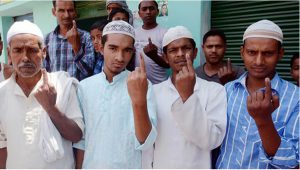
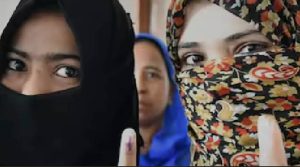
While BJP MLA Pawan Jaiswal has accused the opposition Rashtriya Janata Dal (RJD) of trying to strike off 40,000 Hindu voters, he has offered no documentary proof. On the other hand, the BJP’s own letters and submissions, some signed by party operatives, directly name 78,384 Muslim voters for deletion. Party officials, however, have neither denied these submissions nor filed police complaints to suggest forgery.
ECI’s Role Under Scrutiny
Under election law, deletions require strict ground verification and quasi-judicial review by Electoral Registration Officers. Yet, the hurried Special Intensive Revision (SIR) in Bihar, marked by confusion and poorly enforced rules, left loopholes wide open. Booth-Level Agents (BLAs) of political parties were allowed to file requests, raising the risk of partisan misuse.
Even though ECI officials confirmed receiving the bulk deletion requests, they stopped short of outright rejecting them or initiating legal action, deepening mistrust among opposition parties and civil society.
Anxiety Among Muslim Voters
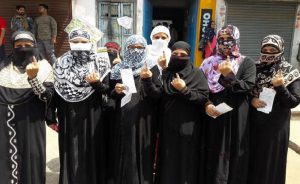
In villages like Fulwaria and Chandanbara, thousands of Muslims—some with voter cards newly issued this year—found themselves accused of being non-citizens. Local leaders like Firoz Alam, Fulwaria’s sarpanch, said entire families were listed for deletion despite generations of residence in the area.
Residents now await October 1, when the finalized electoral roll will reveal whether nearly 80,000 Muslim citizens remain on Bihar’s Dhaka voter list—or are wiped out by this controversial voter deletion attempt.

